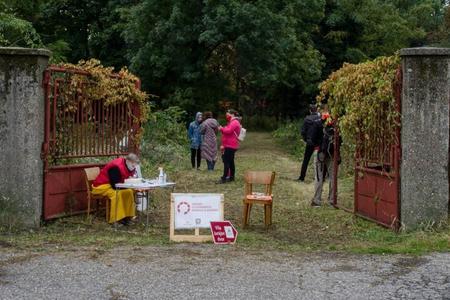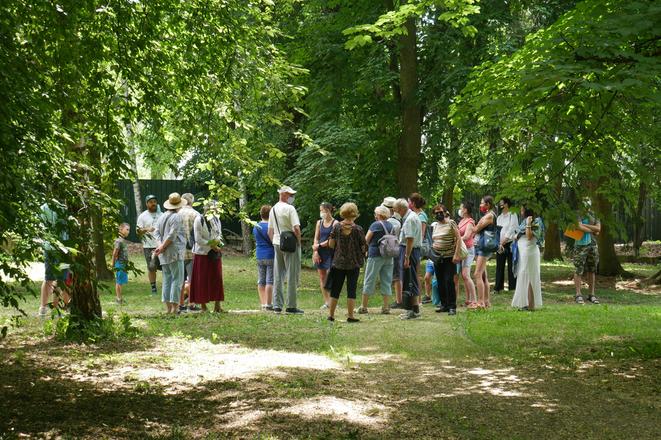Parks and gardens not only play an important role in preventing or coping with the consequences of climate change, but they are also largely affected by it. This is why climate change was chosen as the main theme of the 14th Weekend of Open Parks and Gardens event, which opens more than a hundred parks and gardens across Slovakia to the public on the first weekend of June.
“Climate change affects all areas of our lives and therefore also our green heritage - our parks and gardens,” Michaela Kubíková, director of the non-governmental organisation National Trust and the main organiser of the event in Slovakia, told The Slovak Spectator.
Weekend of Open Parks and Gardens
Takes place between June 3 and 5 across Slovakia
almost all participating parks and gardens have a short summary in English on its website www.vopz.sk
some parks and gardens are subject to registration and a fee, check the website
the main infopoint will be at Rómer’s House on Zámočnícka Street, the office of the National Trust
for lectured thematic tours it is necessary to register online in advance and buy a ticket
check the exact dates and times when the parks and gardens are open
more information at www.vopz.sk (only in Slovak)
Adjusting the range of plants, changing the rhythm of the seasons, changes in the flowering period, the occurrence of new parasites that come from the southern countries, drought or torrential rain are topics that have been increasingly discussed in recent years.
Due to climate change, gardeners are forced to change and adjust their working methods. This means more frequent mowing, the regeneration of lawns, the liquidation of fallen large branches or even whole fallen trees after windstorms, the felling of dried trees after recurring waves of heat, and fighting new parasites.
Kubíková noted that people can also “fight” climate change in the garden, albeit in a small way, for example, by giving space to flowering bushes, meadows and, if conditions allow, large trees. Other beneficial practices include composting and minimising gravel and concrete areas that accumulate heat. In climate-change-resistant gardens, gardeners should not strive for a perfect lawn that requires unnecessarily large investments of water, energy, herbicides, fertilisers and work, and consider the use and management of rainwater.

“In order to preserve the values of our parks and gardens for future generations, we need to adapt the management, maintenance or composition of our parks and gardens, and of course we very much need to work and discuss this topic with the public,” said Kubíková.
The central theme of the event was chosen at the international level, as the Open Parks and Gardens Weekend has been part of the pan-European Rendezvous event since 2018. It is widely reflected in the programme of parks and gardens, part of the current year of the Open Park and Gardens Weekend on June 3 through June 5.


 Weekend of Open Parks and Gardens is a popular event in Slovakia. (source: TASR)
Weekend of Open Parks and Gardens is a popular event in Slovakia. (source: TASR)